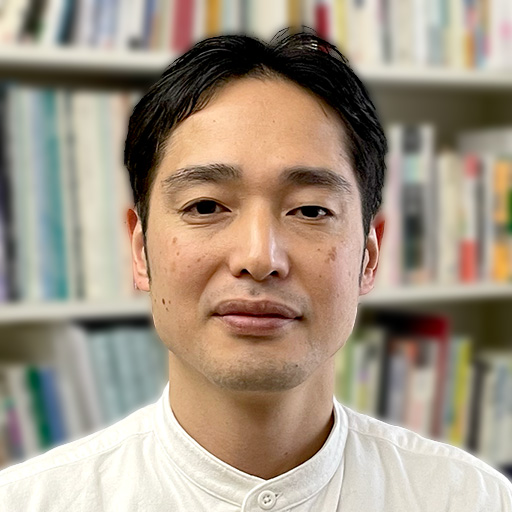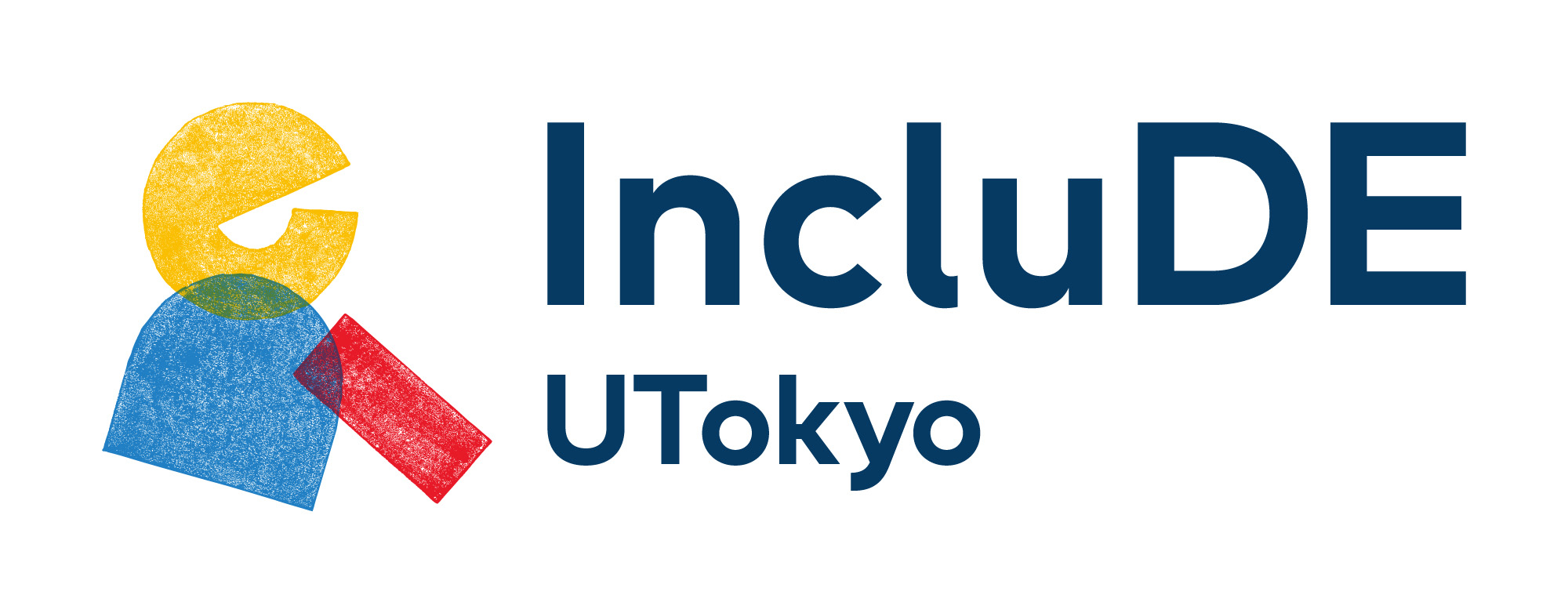Greetings from Director, Office for Disability Equity
Director Matsuda

In 2006, the United Nations adopted the Convention on the Rights of Persons with Disabilities. The convention stipulates measures for protecting and realizing the rights of persons with disabilities, and its central approach is based on what is known as the social model of disability. According to this model, the various challenges faced by persons with disabilities arise from social structures and environments that create barriers preventing their full participation. Therefore, it is society’s responsibility to remove such barriers. This approach was incorporated into Japan’s Act for Eliminating Discrimination against Persons with Disabilities, enacted in 2013, and now forms the basis of efforts to improve environmental accessibility.
The social model of disability calls for removing the various barriers that exist in society, but this may be difficult to achieve in many cases, especially when it comes to architectural environments or other physical barriers. In such cases, the Convention on the Rights of Persons with Disabilities and the Act for Eliminating Discrimination against Persons with Disabilities call for implementing reasonable accommodation. Reasonable accommodation is defined as necessary and appropriate modification and adjustments carried out by those improving the environment to ensure persons with disabilities are able to exercise, on an equal basis with others, all human rights and fundamental freedoms without imposing undue burden.
The University of Tokyo is naturally a part of the society discussed above. The University of Tokyo Charter declares that the University will strive to provide a fair education, research, and working environment where all its members—students who study at the University, staff who work at the University, and faculty who research and teach at the University—can safely demonstrate their individuality and abilities without being subjected to unfair discrimination based on disabilities, etc. The Office for Disability Equity (ODE) is committed to creating a university campus that reflects the spirit of the Charter, and to this end, has set up branch offices on the Hongo Campus and Komaba I Campus to provide barrier-free support to students, staff, and faculty with disabilities.
The University supports students, staff, and faculty with disabilities through a cooperative framework: departments and divisions provide personnel and physical support, headquarters provides financial support, and the ODE provides professional expertise. As such, the ODE is comprised of staff with experience in providing disability support. They facilitate constructive dialogue between students, staff, and faculty with disabilities and departments and divisions, and help implement reasonable accommodation. The ODE also manages the recruitment of support staff, creates and updates accessibility maps, and shares various information. I believe we must further enhance and expand our efforts going forward to ensure that the University is accessible to all persons and offers an environment that embraces all forms of diversity. I sincerely ask all members of the University for their understanding and support.





